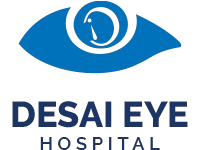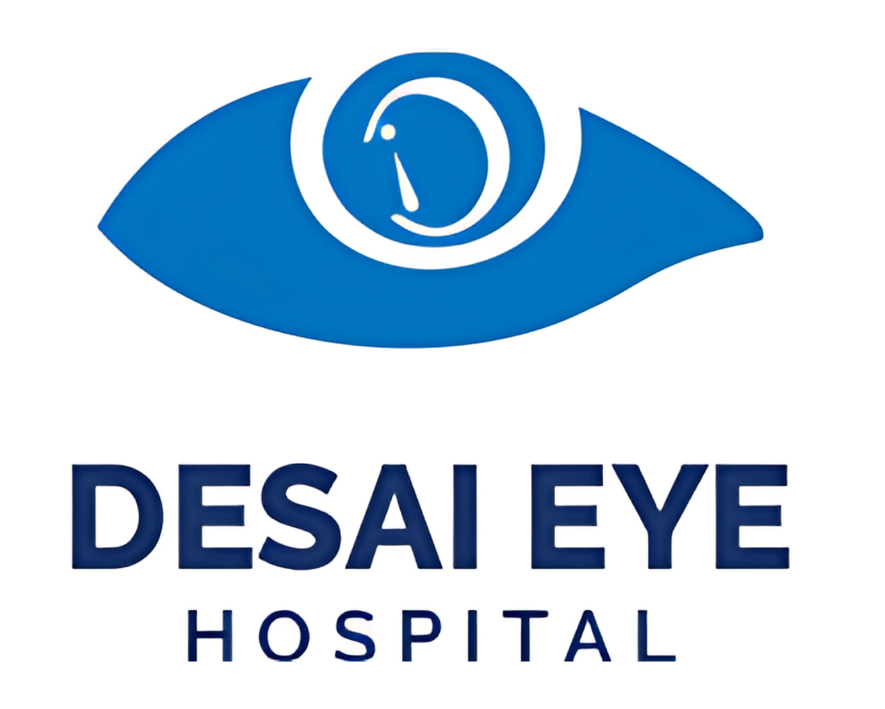Dark Adaptometry – Measures Ability to Adjust to Low-Light Conditions
Dark Adaptometry is a specialized diagnostic test available at Desai Eye Hospital to evaluate how well the eyes adjust from bright light to darkness. This test is crucial for diagnosing night blindness (nyctalopia), retinal disorders, and conditions like age-related macular degeneration (AMD) and vitamin A deficiency. It measures the speed and efficiency of the eye’s adaptation process, which depends on healthy rod cells in the retina.
During the procedure, the patient is exposed to a bright light to bleach the retinal photoreceptors, followed by a gradual transition to darkness. The test then tracks how quickly vision improves in low-light conditions. Prolonged adaptation time may indicate retinal dysfunction or impaired rod cell function.
The test is non-invasive, painless, and takes around 20-30 minutes. At Desai Eye Hospital, our specialists use Dark Adaptometry to detect early signs of retinal disease and recommend appropriate treatment strategies for improved night vision and overall eye health.
How Does It Work?
- Evaluates how quickly eyes adjust from bright light to darkness.
- Patient is exposed to a bright light to bleach photoreceptors.
- Vision adaptation is monitored as the eye adjusts to low light.
- Slower adaptation may indicate retinal or rod cell dysfunction.
- Helps detect night blindness, AMD, and vitamin A deficiency.
- Completely non-invasive and painless.
- Test duration varies but typically takes 20-30 minutes.
- Findings assist in diagnosing and managing low-light vision issues.

Make Appointment

Select Doctor

Get Consultation


